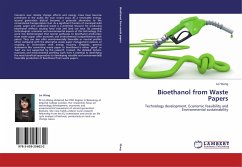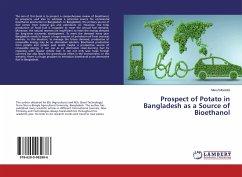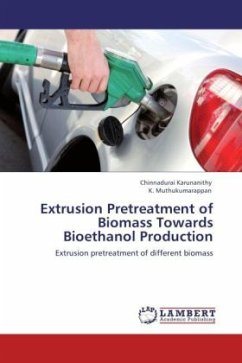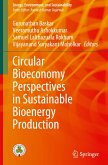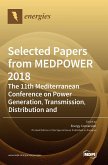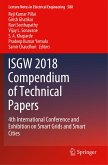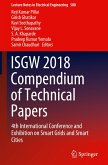Concerns over climate change effects and energy crises have become prominent in the public life over recent years. As a renewable energy, second generation biofuel becomes a potential alternative to the conventional transportation fuel. As a significant fraction of municipal solid waste, paper and cardboard waste is a potential resource for producing bioethanol without causing food crisis and land use issue. By assessing technological, economic and environmental aspects of this technology, this work has demonstrated that several pathways to bioethanol production from waste paper offer economic and environmental competitiveness with petrol. They can also offer environmentally favorable or neutral profiles when compared with the alternative waste paper management options of recycling or incineration with energy recovery. Simplistic, general statements like converting waste paper to bioethanol is either good or bad are not supported by this research. Instead, the detailed techno-economic and environmental profiling work here is essential to identifying the most beneficial approaches to developing valuable and environmentally favorable production of bioethanol from waste papers.
Bitte wählen Sie Ihr Anliegen aus.
Rechnungen
Retourenschein anfordern
Bestellstatus
Storno

